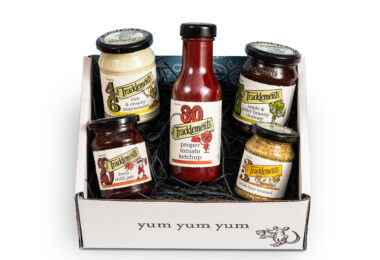Find out why creating a multicultural environment is important and how to do it at home.
Our world is becoming more diverse every day. Which is why you should embrace your cultural background and teach your child to embrace it too.
Gone are the days of racial segregation. More and more couples are interracial, leading to families being bi- or even multiracial. It’s important then to instil cultural values into children from the start. Teach them that they are beautiful, special and unique. Living in a multicultural home shows them that loves knows no bounds and that there is no such image as ‘the perfect family’. Creating a multicultural space will also teach your little ones about diversity, making them more open minded and culturally aware as they grow older.
While it may seem overwhelming, incorporating everything you’ve grown up with along with your partner’s into the family, don’t worry – we have the following guide to help get you started.
Incorporate all languages
There are so many benefits to children being bilingual, or trilingual for that matter. Children have the easiest time of anyone learning multiple languages. Their brains are like tiny sponges ready to soak up all the knowledge that they can. Children who grow up bilingual have more opportunities professionally and are said to have stronger brain development. Teaching your child the language of your background is a great way to root them into your culture.
Celebrate holidays
With each different culture come different holidays. Holidays are the perfect time to bring families together and enjoy some quality time. Holidays are also a great way for children to be a part of the festivities. It can be something as small as baking cookies for Christmas to making dragons for Chinese New Year.
Food, food and more food
Food is often at the centre of cultures. Meals bring families and friends together. Cooking is an activity the entire family can be a part of. Often, recipes are passed down for generations. Why not make your favourite foods you ate as a child with your children? As your children start to make their own friends, invite them over and let them teach their friends about the food that they enjoy.








